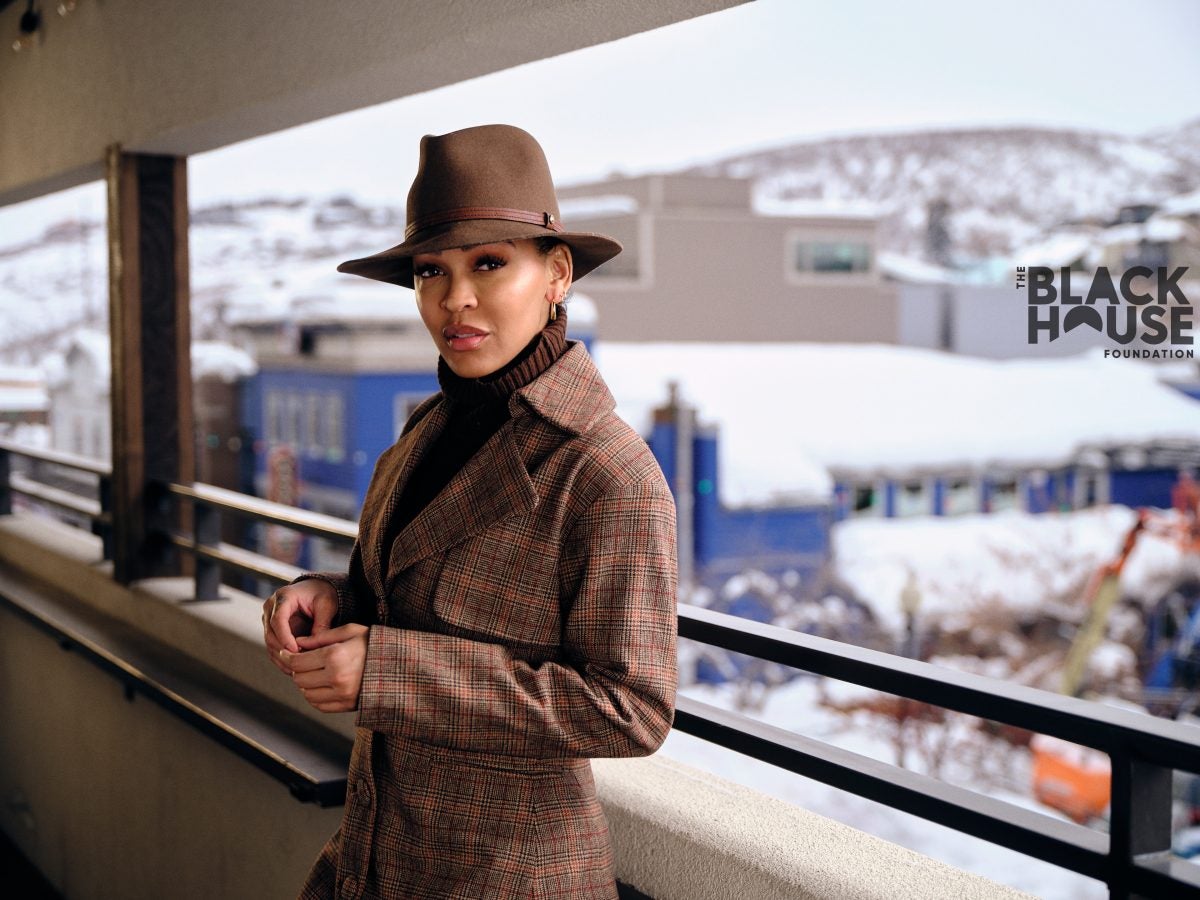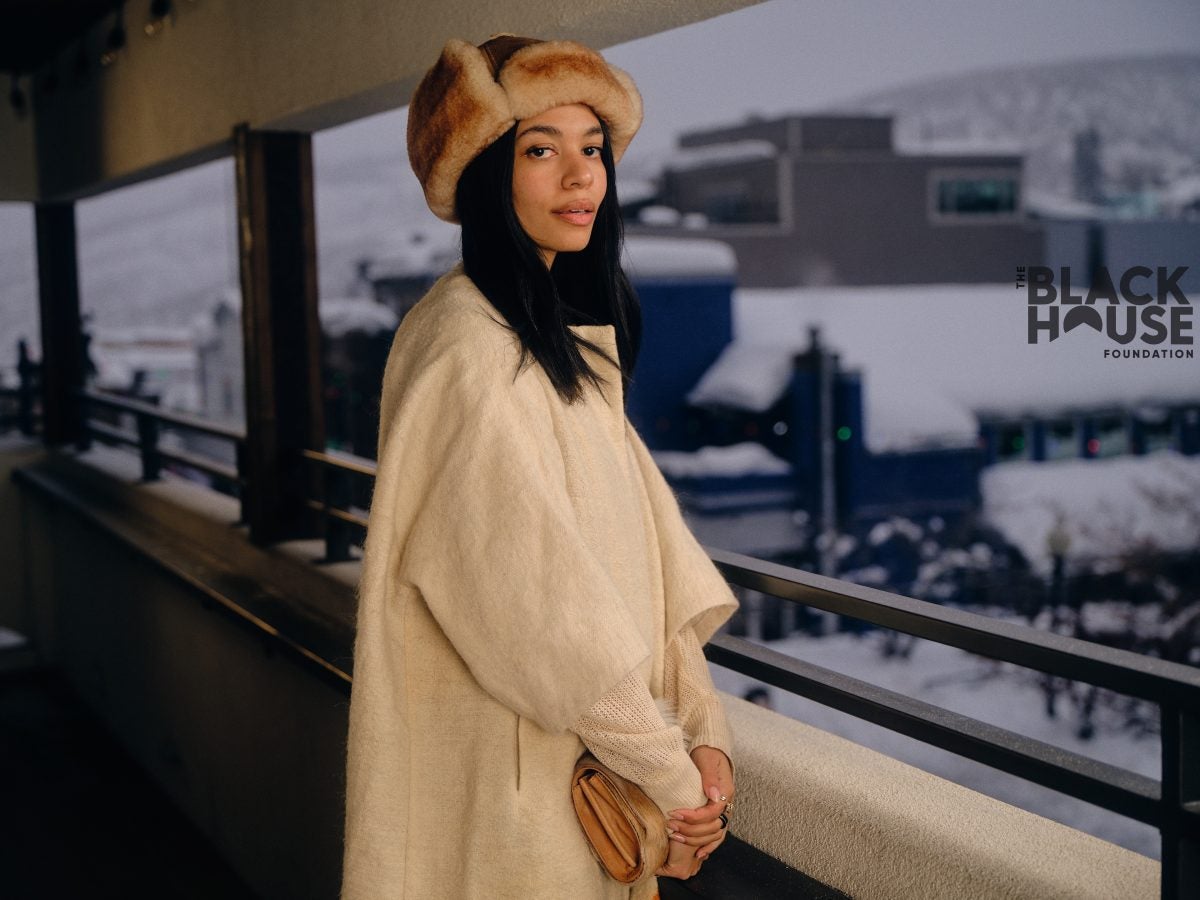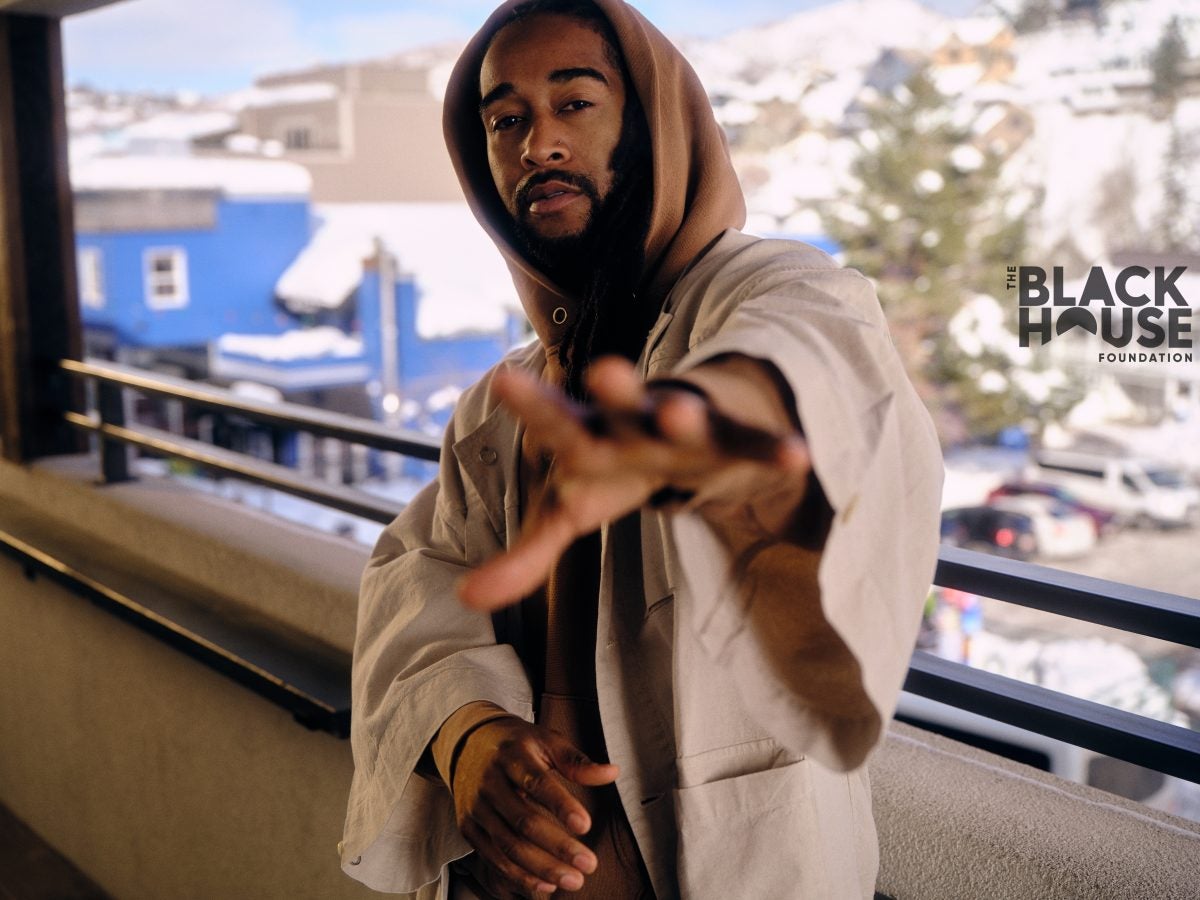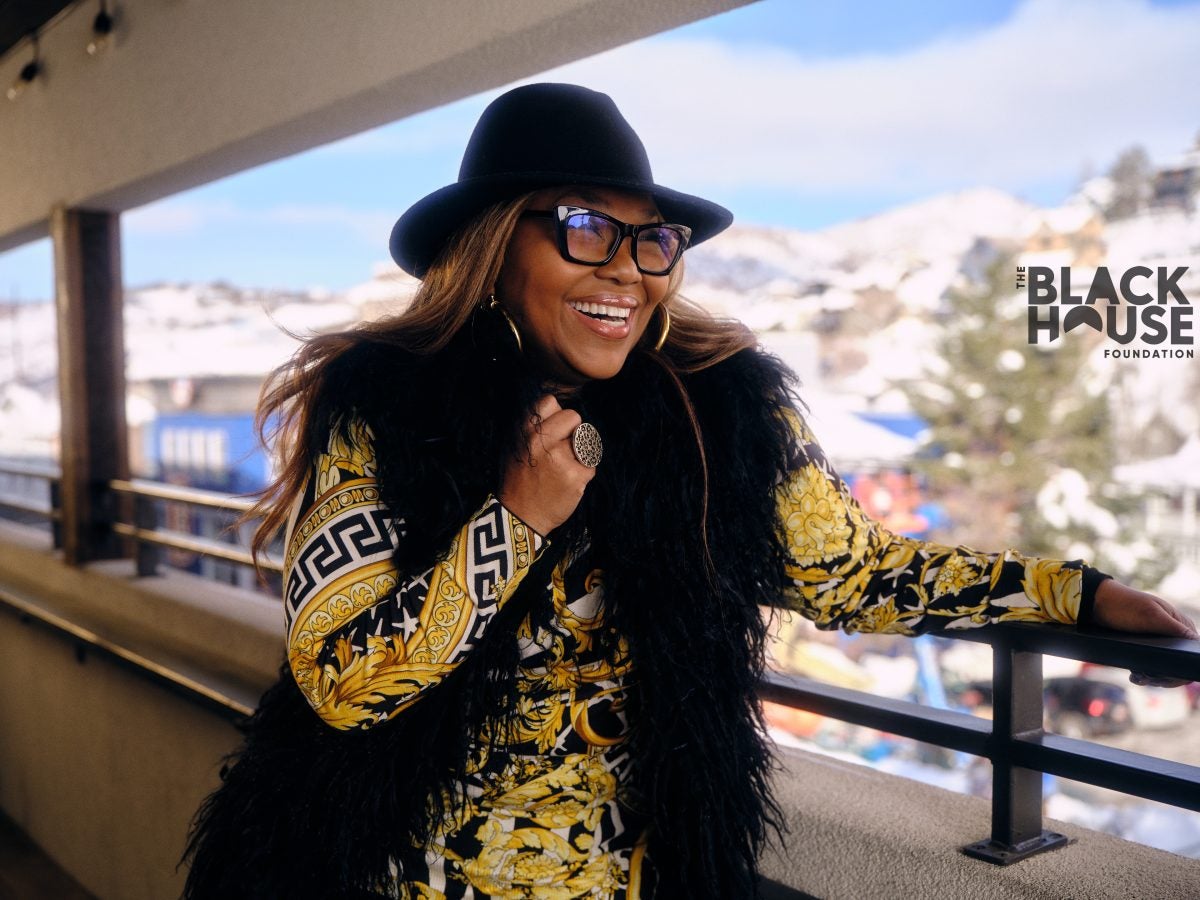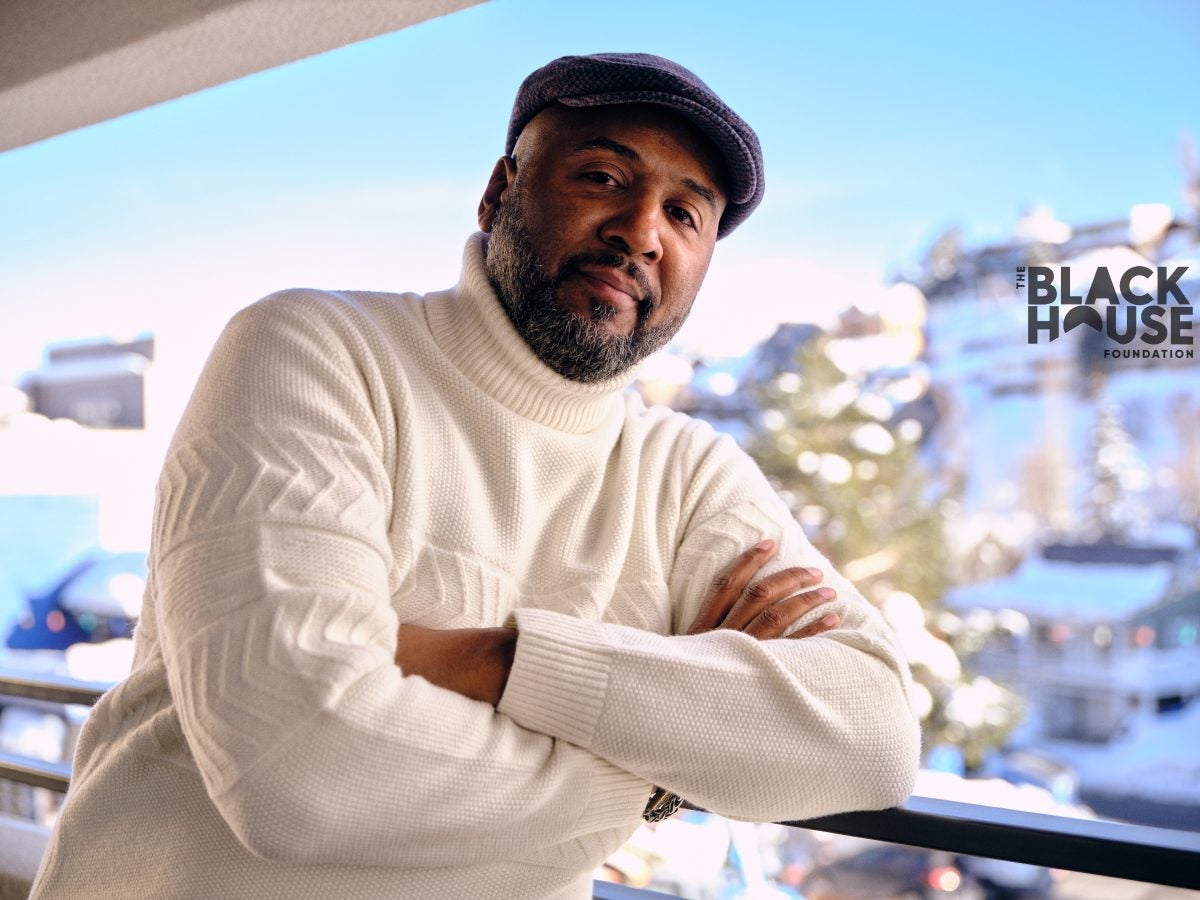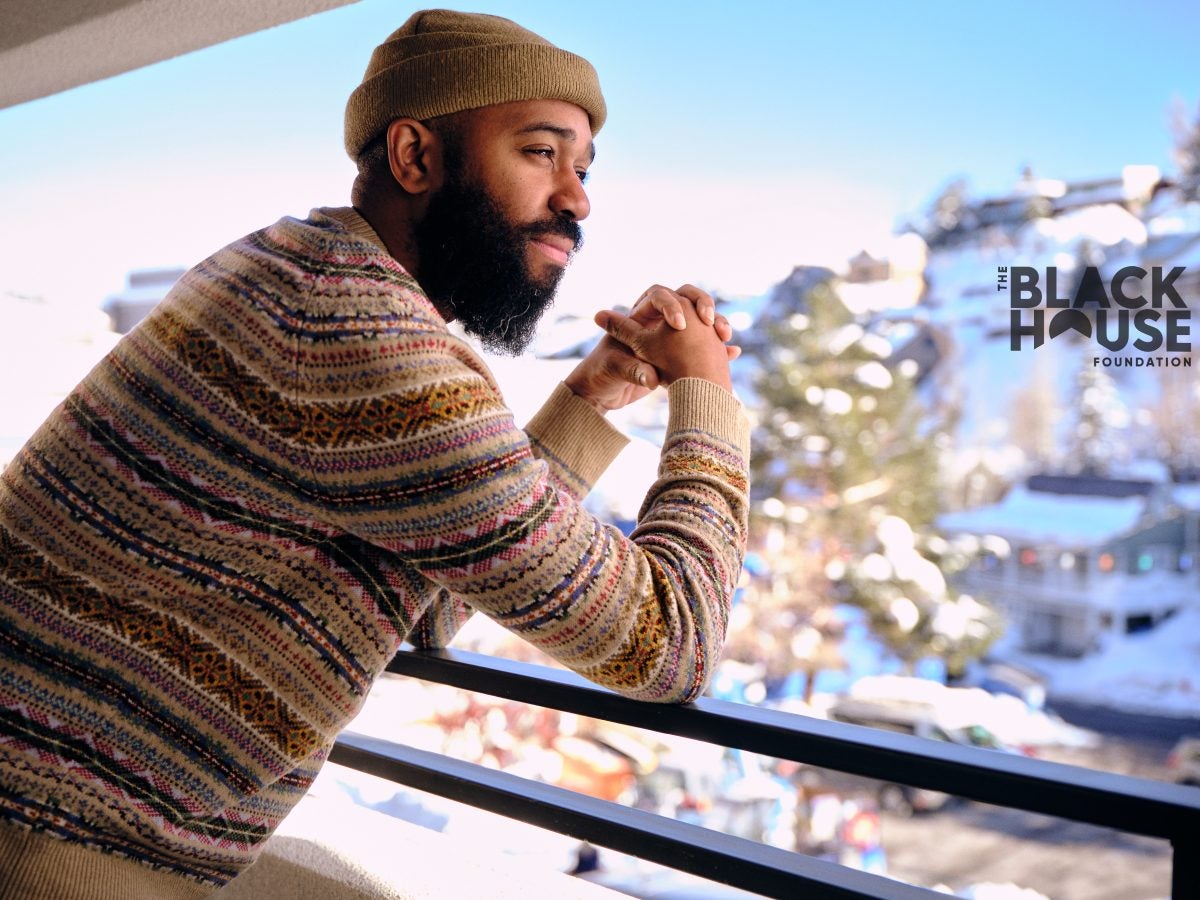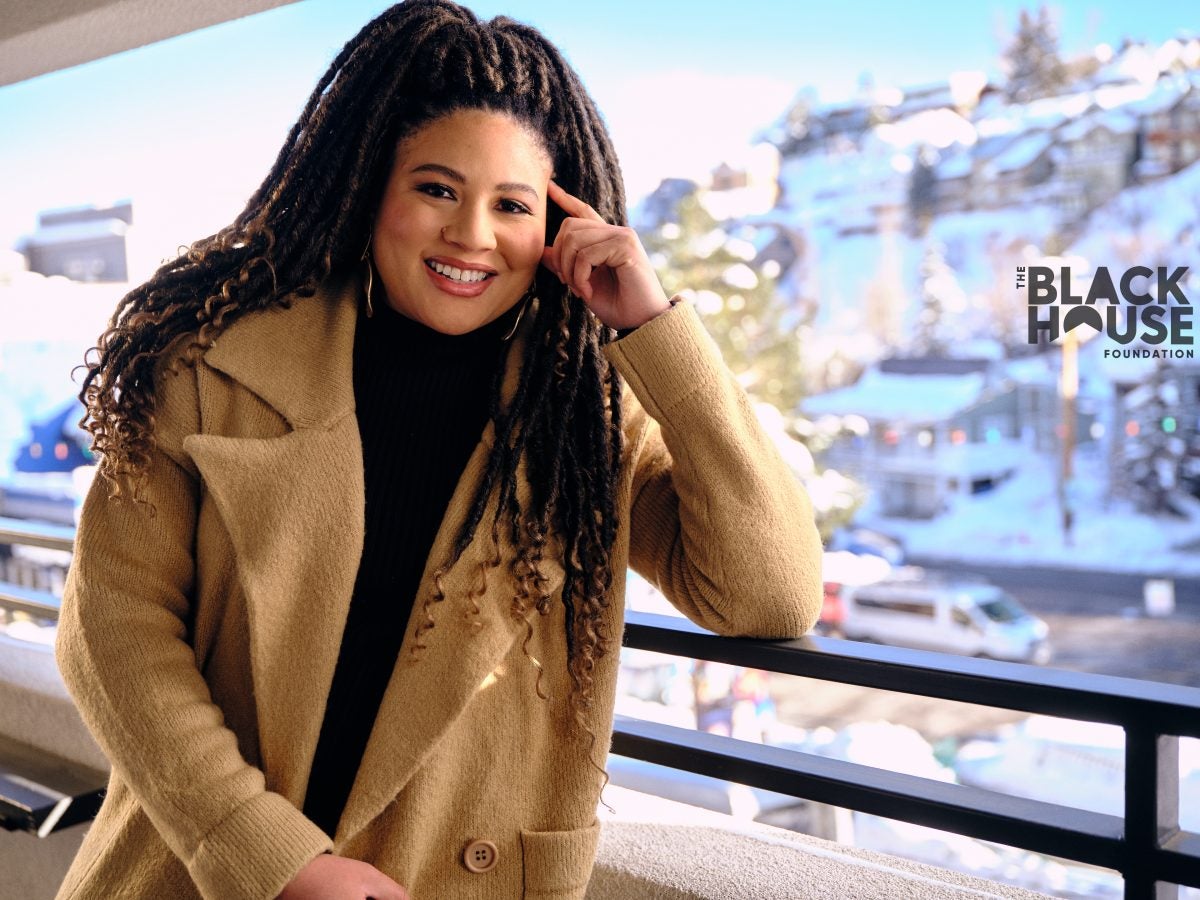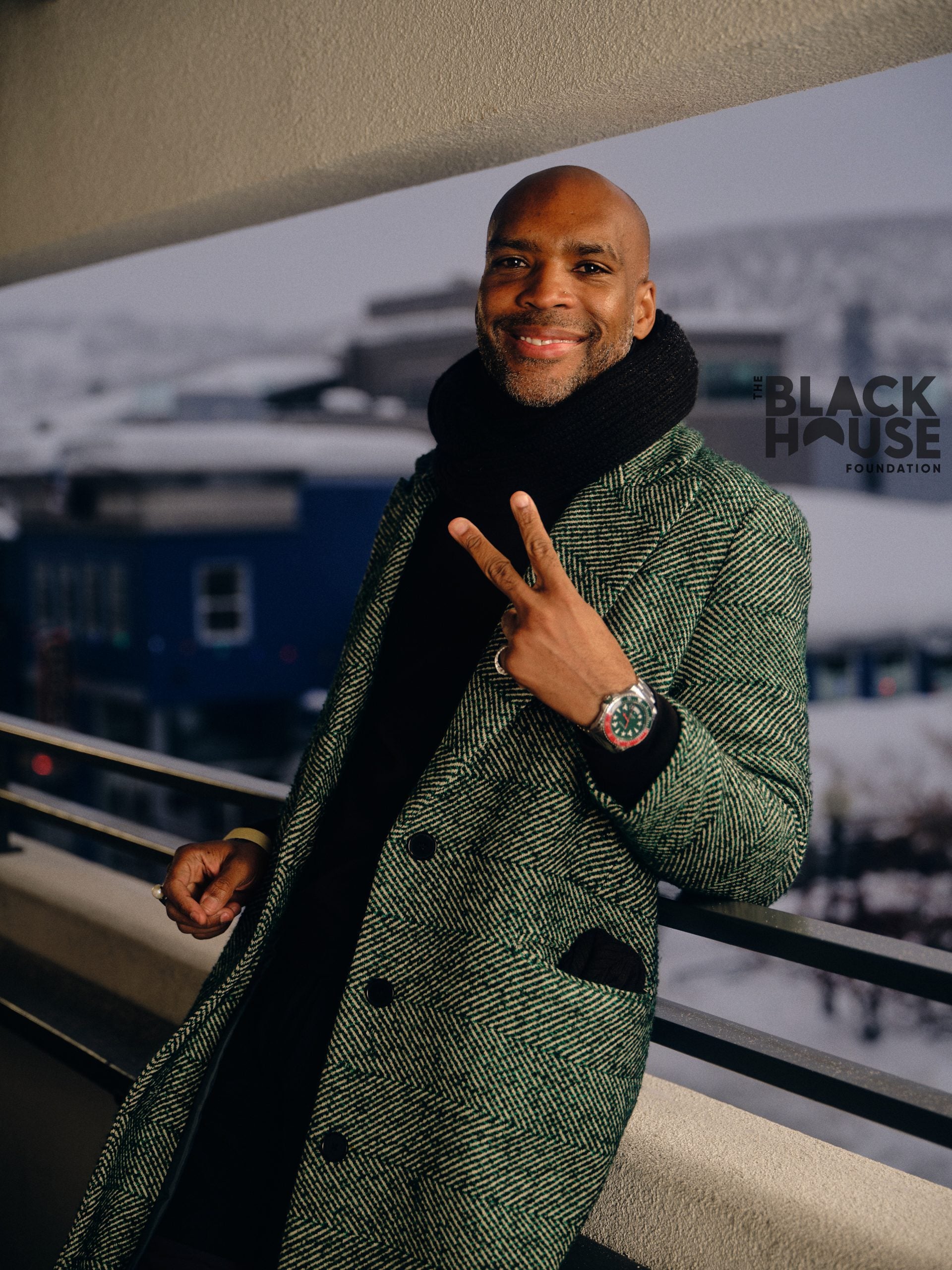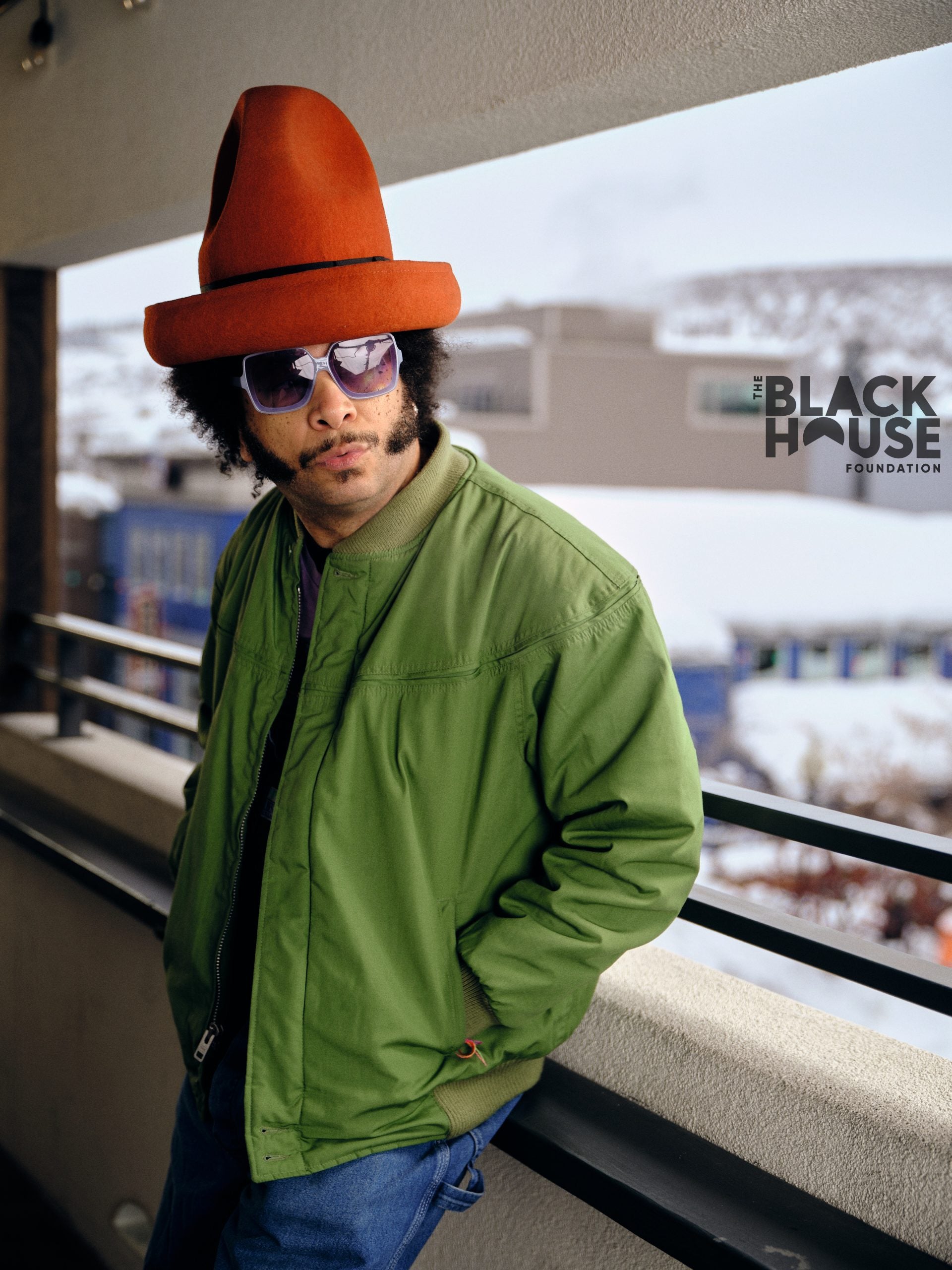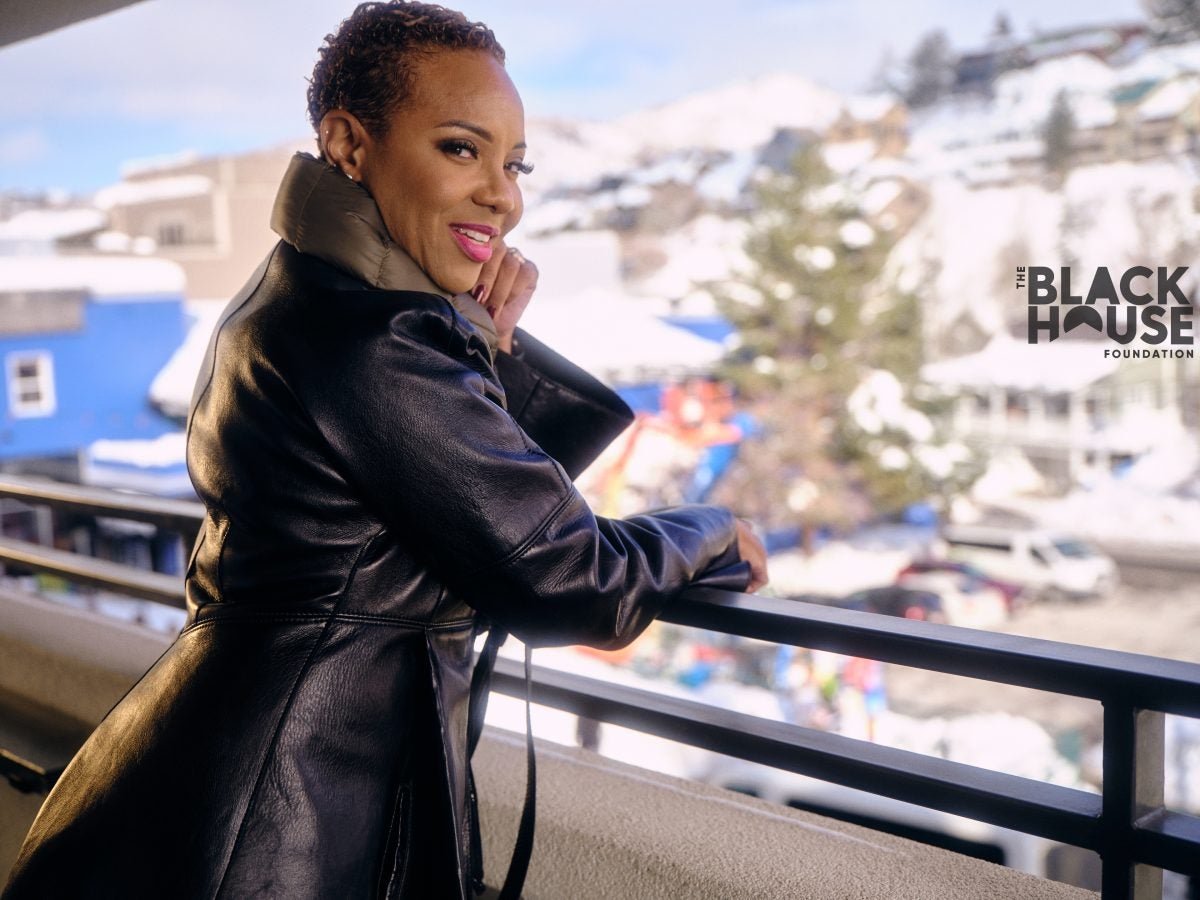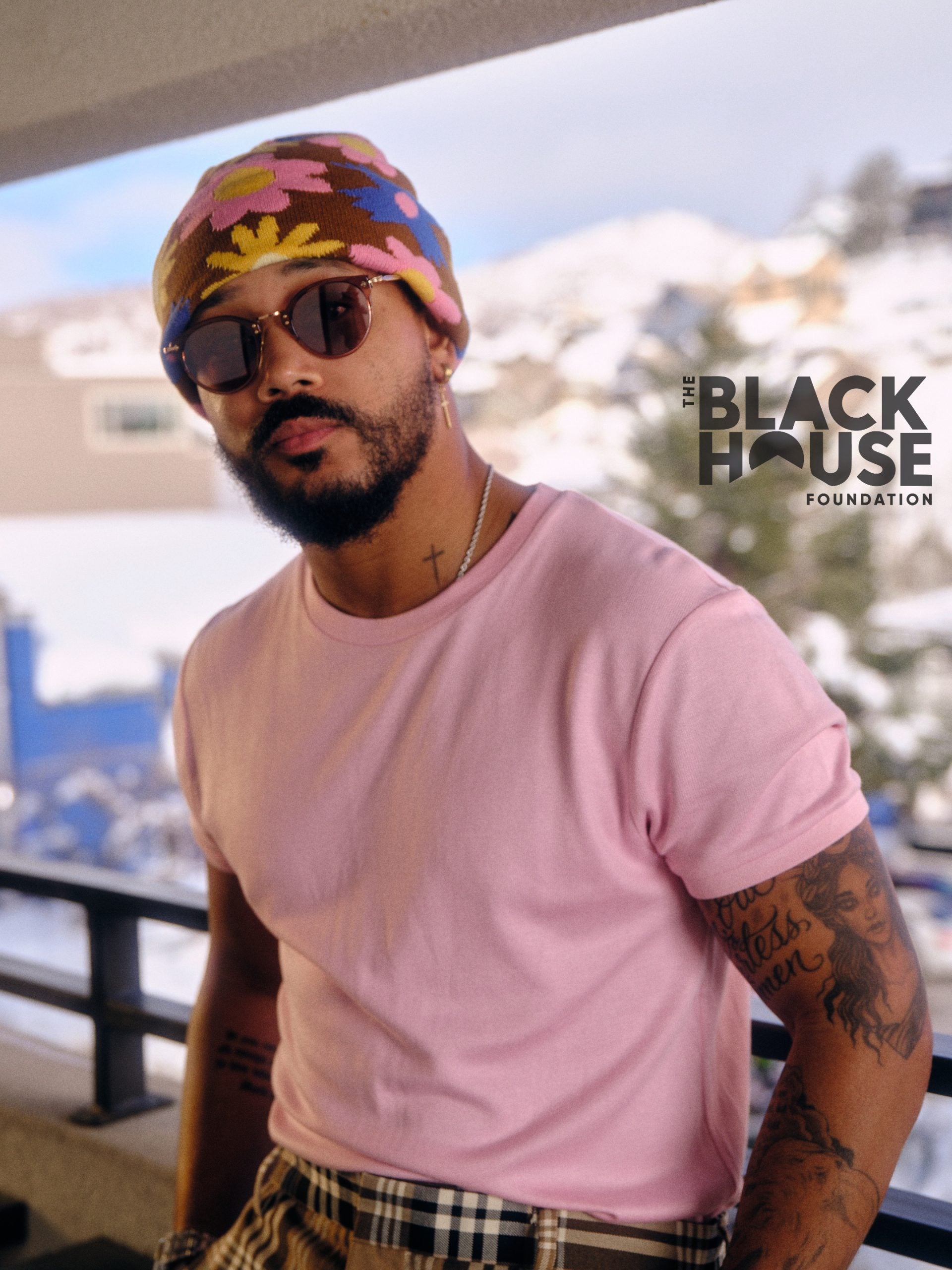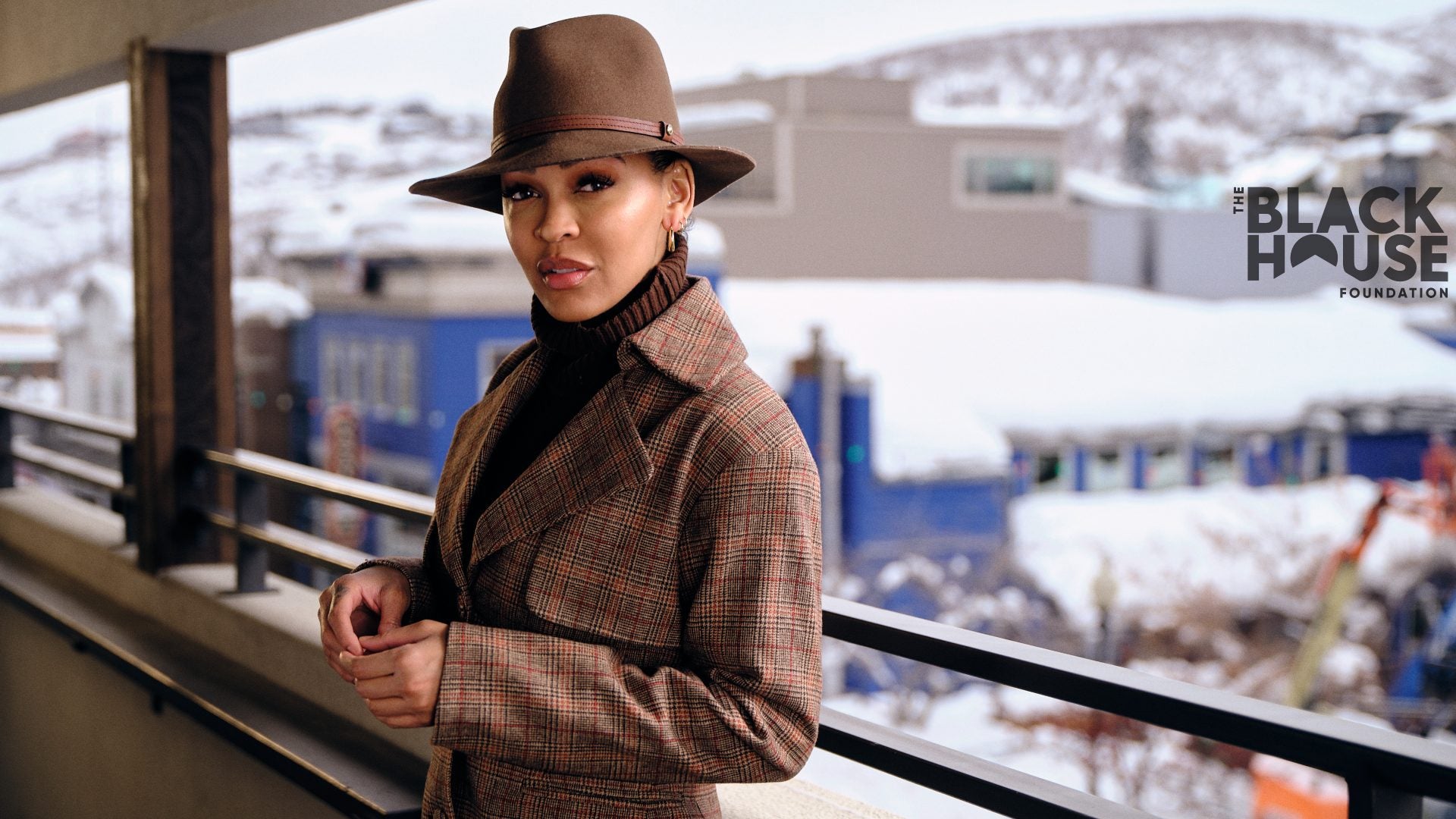
At the 2007 Sundance Film Festival, there were only seven Black films. Reflecting on his first Sundance in the 2000s, writer-director Alrick Brown said, “it was two or three days before I saw another black person…[I was] blown away by how white it was.”
For many years now, there has been a large outcry about the “lack of diversity in the arts and entertainment industry.” This all seemed to come to a head in 2015, when April Reign created the hashtag that would end up going viral, #OscarsSoWhite, which served to rewrite “the narrative in an industry with entrenched disparities.” Nevertheless, the importance of diversity at film festivals cannot be overstated, and as former president and CEO of the Time’s UP, Tina Tchen, said, “[f]ilm festivals play a critical role in shaping our culture, which is why representation and access is so critical.”
Nowadays, Brown says Sundance is “the perfect black storm,” as thirty-one Black films screened at the 2023 festival.
Some of this progress can be attributed to The Blackhouse, which was conceived in 2006 after Brickson Diamond, Ryan Tarpley, and Carol Ann Shine, were frustrated and dismayed about what they saw at the iconic Sundance Film Festival that year—not enough Black people nor other people of color were in attendance, nor were they “on the slate of films selected for the festival.”
Thus the three friends decided to take action and founded The Blackhouse, which launched a year later as an official partner of the Sundance Film Festival. This effectively created a thriving space “where artists and executives of color could gather to engage in thought-provoking conversations, and learn about the business from each other and industry veterans.”
Since launching sixteen years ago, “[t]he Blackhouse Foundation remains a linchpin for culture on a global scale through engagements at Sundance and beyond,” and last month, Black filmmakers and creatives descended into Park City, UT for the first time in two years to attend the 2023 Sundance Film Festival, which is once again back in person after being virtual due to the COVID-19 pandemic.
This year, The Blackhouse offered up a range of events, including receptions, thoughtful panels full of industry leaders, featuring music legends, diverse Black filmmakers, showrunners, and studio executives, all taken together, resulting in an “extensive slate of programming…hosted in collaboration with many studios, networks and streamers.”
At its core, The Blackhouse is steadfast in their efforts to “showcase the best-of-the-best in film and television and are committed to highlighting the power of Black writers, producers, directors, and executives telling our stories.”
In 2015, The Blackhouse Foundation launched a fellowship program to sponsor current MFA students, providing internships with the Foundation during the Sundance Film Festival. In 2019, they teamed up “with The Independent Filmmaker Project (“IFP”) to launch the IFP-Blackhouse Multicultural Producers Lab, sponsored by HBO Corporate Social Responsibility Department…[and] producers will take part in a year-long, collaborative program.”
Then, in 2020, they launched their Pilot International Screenwriter’s Program, which “is a creative accelerator whose core mission is to support emerging storytellers, globally, in the early stages of development of compelling film, television, and digital native projects…in Kenya…in partnership with VentureLift Africa.”
As Jenean Glover, Executive Director said, “We were thrilled to be back on the ground at Sundance as The Blackhouse Foundation celebrates 16 years of work expanding opportunities for multi-platform content creators.”
Glover continues: “We have advocated for over 180 fellows since we launched and will focus on building our advisory board and nurturing an enhanced executive pipeline over the next five years. This evolution reflects the dream of our board founders, Brickson Diamond, Carol Ann Shine and Ryan Tarpley.”
Here’s a peek at who was in the house this year:
